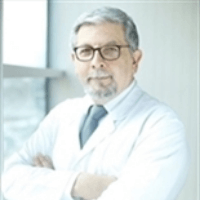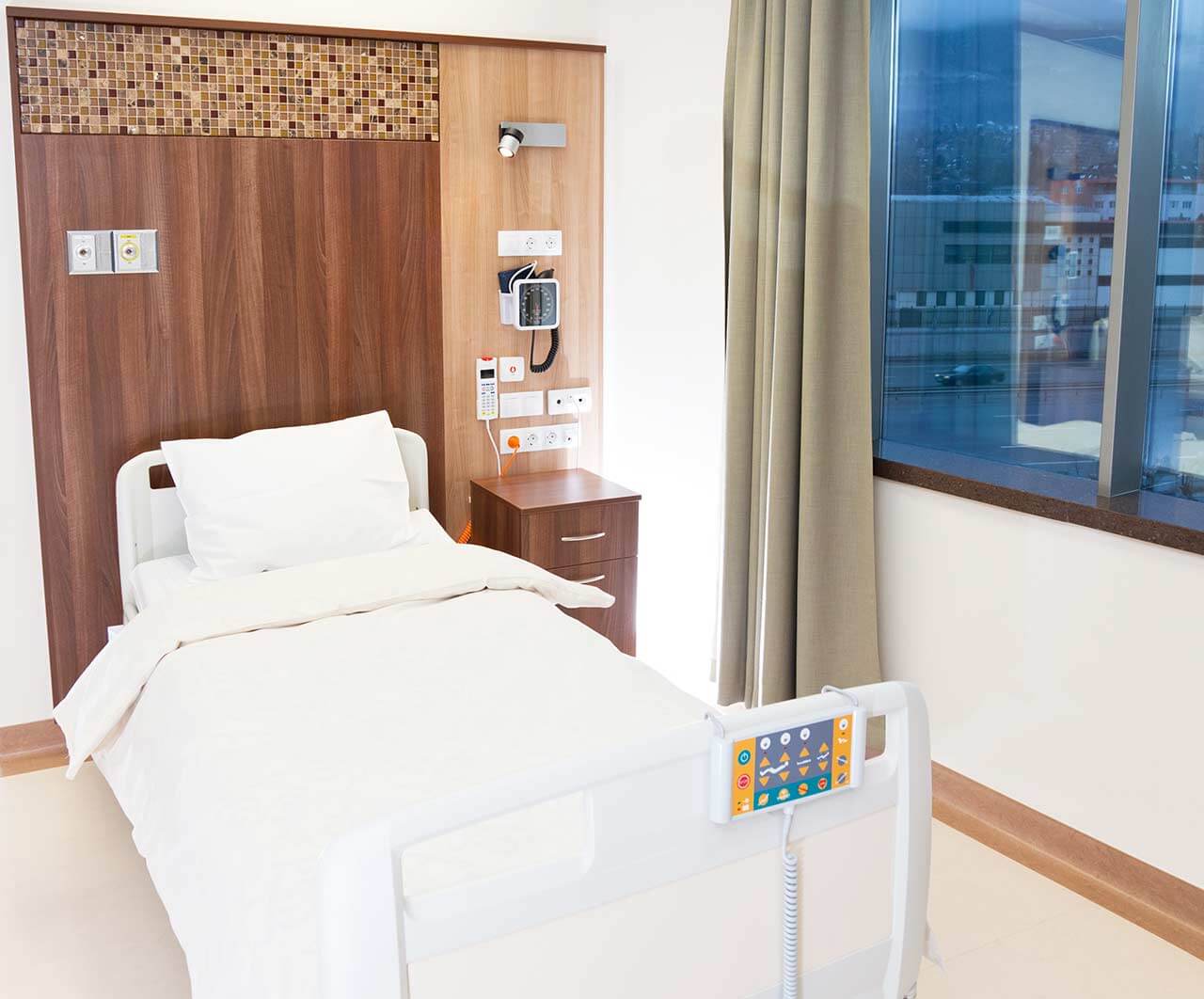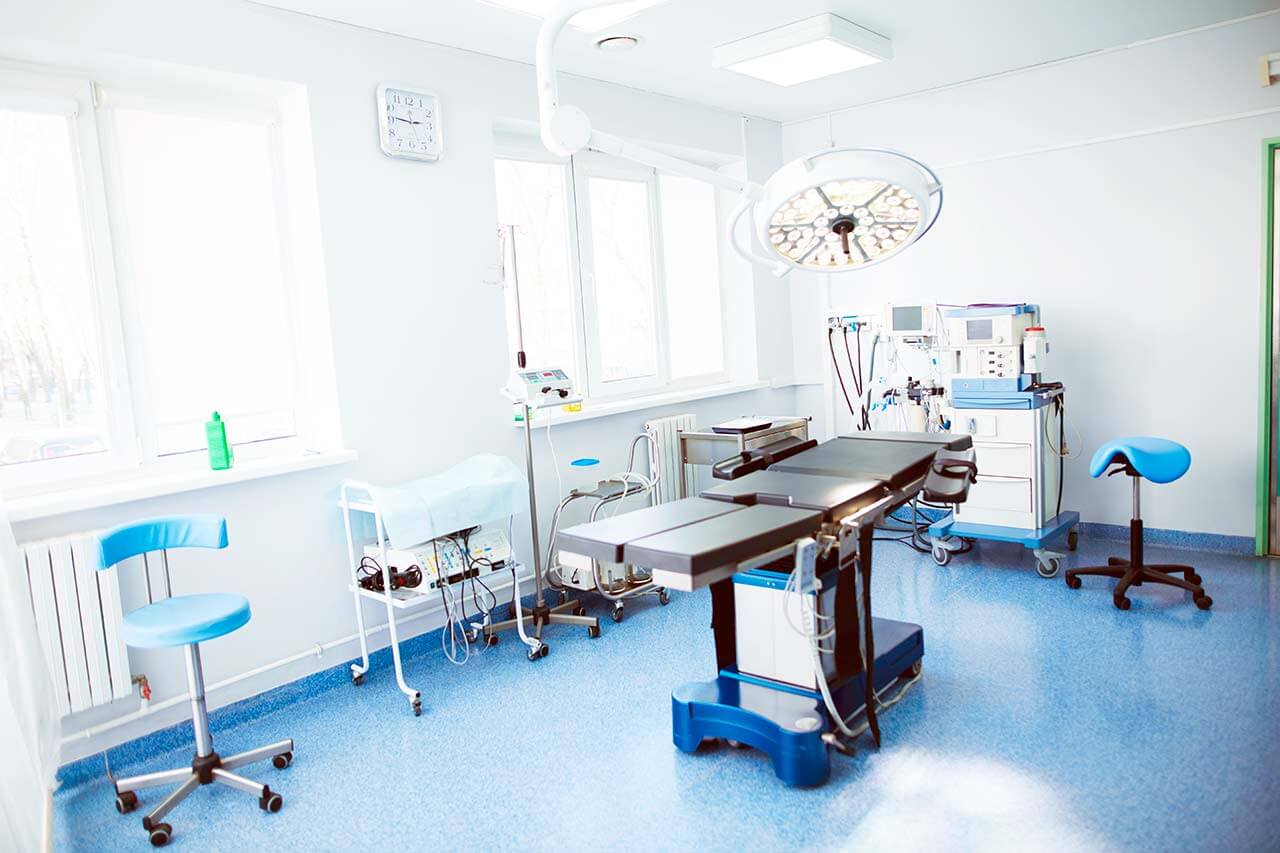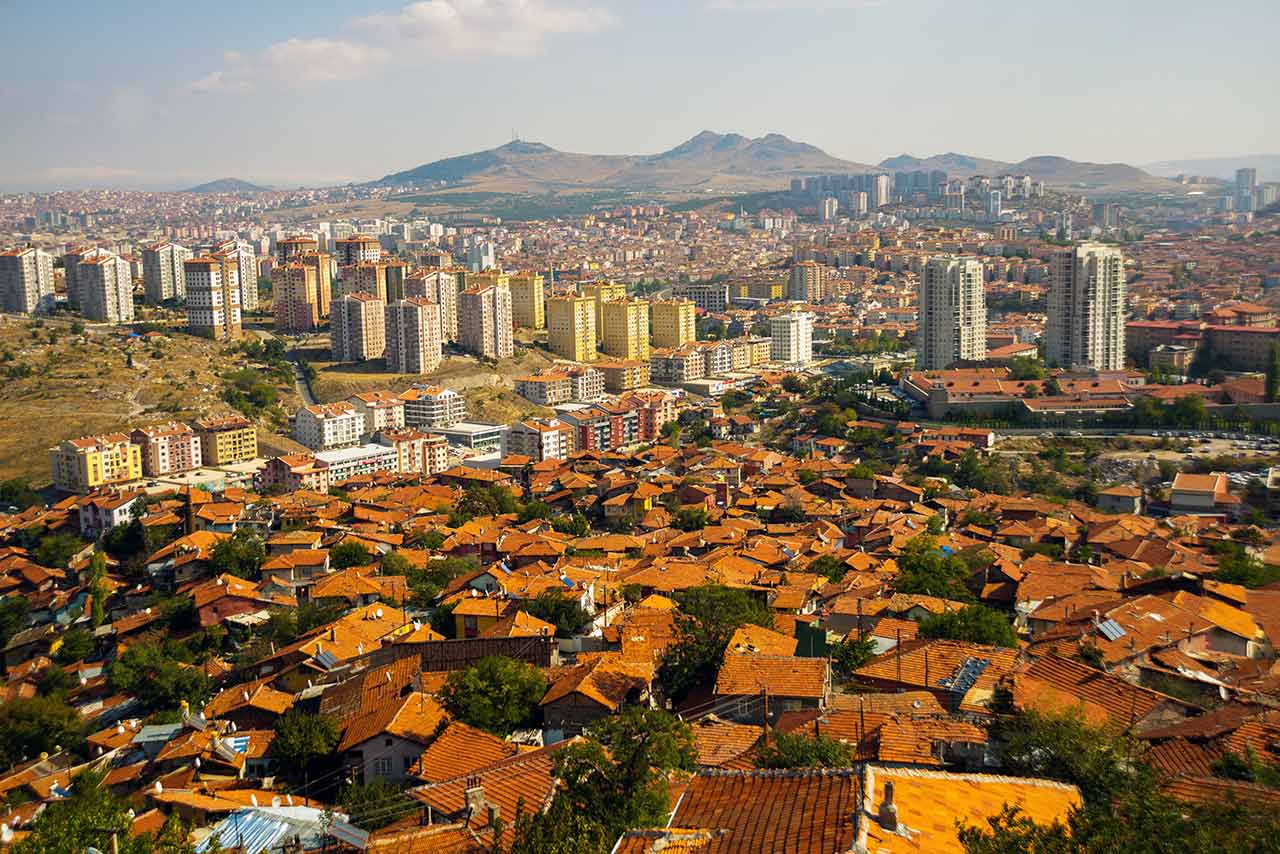
The program includes:
- Initial presentation in the clinic
- clinical history taking
- review of medical records
- physical examination
- laboratory tests:
- complete blood count
- biochemical analysis of blood
- thyroid function test (TSH-basal, fT3, fT4)
- mineral metabolism analysis (Na, K, Ca, Mg)
- lipid metabolism (HDL/LDL, cholesterol, triglycerides,
Lip(a), homocysteine) - iron content (ferritin, iron)
- blood coagulation analysis (aPTT, PT, INR)
- metabolic status (uric acid, total glucose, HbA1c)
- inflammatory parameters (CRP, ESR)
- cardiovascular disease risk markers
- lung function test (Spirometry)
- resting and exercise ECG
- Holter monitoring (24h)
- color doppler echocardiography
- color doppler sonography of cerebral vessels
- cardiac catheterization
- preparation according to preoperative standard
- endovascular tricuspid valve repair
- symptomatic treatment
- control examinations
- the cost of essential medicines and materials
- nursing services
- full hospital accommodation
- explanation of future recommendations
- written statement
Required documents
- Medical records
- Echocardiography (if available)
Service
You may also book:
 BookingHealth Price from:
BookingHealth Price from:
About the department
The Department of Adult and Pediatric Cardiac Surgery offers the high-quality surgical treatment of various diseases and congenital heart pathologies. It provides the full range of surgical treatment, ranging from minimally invasive, laparoscopic interventions to traditional open surgery. The department specializes in aortic valve surgical replacement and coronary artery bypass grafting. The department belongs to the leading Centers for Pediatric Cardiac Surgery and Prenatal Diagnostics. The Chief Physician of the department is Prof. Dr. med. Neyyir Tuncay Eren.
The specialists of the department have advanced experience in the field of aortic valve reconstruction or replacement. In the case of severe forms of stenosis, regurgitation, congenital aortic valve pathologies, aortic valve reconstruction is performed. Various methods (annuloplasty and valvuloplasty) are available for the restoration of heart valve functions. If there are indications for valve replacement, the department’s surgeons also have various surgical options, such as open surgery, minimally invasive surgery, and percutaneous aortic valve replacement. The combination of long experience of doctors and advanced medical technologies contributes to the patients’ rapid postoperative recovery and achievement of consistent treatment results.
In addition, the department's doctors are experts in the treatment of coronary heart disease. The most successful treatment method for this disease is coronary artery bypass grafting, in which doctors restore the normal blood flow directing the bloodstream to bypass the clogged arteries with the help of shunts (vascular prostheses). Another therapeutic option is coronary angioplasty, in which a normal lumen of the vessel is restored using a catheter with an expanding balloon. To determine the optimal treatment method, a comprehensive diagnostics is carried out, the results of which are discussed with all the necessary specialists.
The department’s activities also include pediatric cardiac surgery, which deals with the surgical treatment of congenital and acquired heart defects and diseases. These include atrial septal defects, ventricular septal defects, aortopulmonary septal defect, interrupted aortic arch, etc. More than 4,000 heart surgeries are performed in children and adults here annually. The diseases, which do not require the surgical approach, are successfully treated in collaboration with the Departments of Cardiology,Internal Medicine, etc. In the field of pediatric cardiac surgery, the department ranks among the top international medical institutions.
The diagnostic and therapeutic range of the department includes the following options:
- Treatment of aortic valve diseases
- Annuloplasty
- Surgical aortic valve reconstruction
- Balloon dilatation of the aortic valve in stenosis
- Aortic valve replacement, including the transcatheter one
- Treatment of mitral valve diseases
- Clipping in mitral valve insufficiency (Mitra-Clip technique)
- Surgical reconstruction in prolapse
- Open and minimally invasive annuloplasty
- Endoprosthetics with a mechanical or biological prosthesis
- Treatment of ischemic heart disease
- Coronary artery bypass grafting
- Coronary angioplasty
- Stent implantation
- Treatment of thoracic aortic aneurysm
- Treatment of pulmonary thromboembolism
- Pediatric cardiac surgery
- Atrial septal defect
- Ventricular septal defect
- Aortopulmonary septal defect
- Interrupted aortic arch
- And other diseases of the heart and blood vessels in children
- Diagnostics and surgical treatment of other cardiovascular diseases
Curriculum vitae
Education and Professional Experience
- 1983 (graduation year) Medical Education, School of Medicine, Ankara University.
- 1991 Residency in Cardiac Surgery, School of Medicine, Ankara University.
- 1983 - 1995 Medical Practitioner, SSK Eyüp Hospital and Topcular Dispensary.
- 1985 - 2010 Department of Cardiac Surgery, School of Medicine, Ankara University.
- 2003 - 2010 Coordinator of the Heart Transplant Center, School of Medicine, Ankara University.
- 2008 - 2009 Cardiologist and Chief Physician of the Department of Cardiac Surgery, National Trauma Center at the Tiran Spitali Ushtarak Military Hospital.
- 2008 - 2009 Head of Allograft Bank at the Cardiology Center, School of Medicine, Ankara University.
- 2009 - 2013 Medical Director and Chief Physician of the Department of Cardiology and Cardiac Surgery, American Hospitals in Balkans.
- 2013 - 2014 Defne Hospital, Hatay, Department of Cardiac Surgery.
- Since 2014 Professor, Department of Cardiac Surgery at the Medicana International Ankara Hospital.
Photo of the doctor: (c) Medicana Health Group
About hospital
The Medicana International Ankara Hospital is one of the leading medical centers, which belongs to the largest medical network Medicana in Turkey. The hospital incorporates all specialties of the modern medicine under one roof. It particularly focuses on bone marrow transplantation, cardiology, cardiovascular surgery, medical oncology, radiation oncology, CyberKnife treatment, nuclear medicine, kidney transplantation, liver transplantation and IVF services.
With a large total indoor space (about 20,000 sq. km), 215 beds, modern architecture, high-end technology and modern quality management system, the hospital treats both Turkish citizens and many international patients. Every year, more and more patients from Europe, Russia, Northern Africa and Middle East come to Ankara to receive modern medical treatment, which meets the strictest quality standards.
A particular clinical focus is cancer treatment. The hospital has at its disposal state-of-the-art medical technologies, including, multislice CT, PET-CT, MRI ultrasound, LINAC linear accelerators capable of making IMRT, conventional and interventional radiology, nuclear medicine imaging methods and radiation oncology, which allow the physicians of the hospital to provide comprehensive diagnostics and treatment of all oncological diseases.
The hospital has brought together the best medical academic staff in the field of kidney, liver and bone marrow transplantation, etc. All employees of the hospital are constantly looking for new, clinically proven treatments in order to ensure that each patient will receive the best and most appropriate treatment in Ankara.
Photo: (c) depositphotos
Accommodation in hospital
Patients rooms
The patients of the Medicana International Ankara Hospital live in comfortable modern rooms designed in bright colors. A standard room includes an automatically adjustable bed, a bedside table, a wardrobe, a shower, a toilet, and a TV set. There is internet access in the patient rooms. The hospital also provides VIP patient rooms.
Meals and Menus
The patients of the hospital are offered a tasty, balanced three meals a day: breakfast, lunch and dinner. With appropriate indications, there may be provided a dietary or individual menu.
Further details
Standard rooms include:





